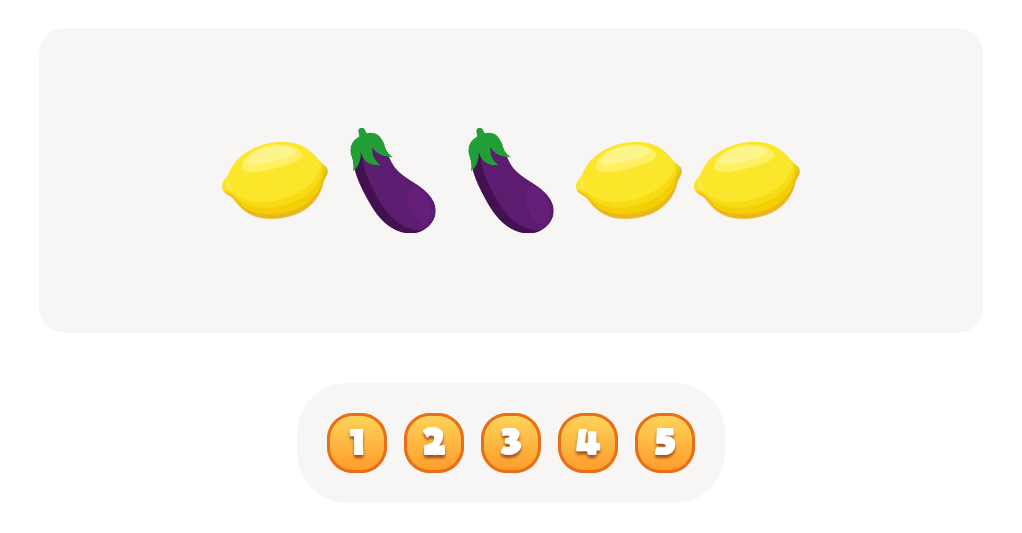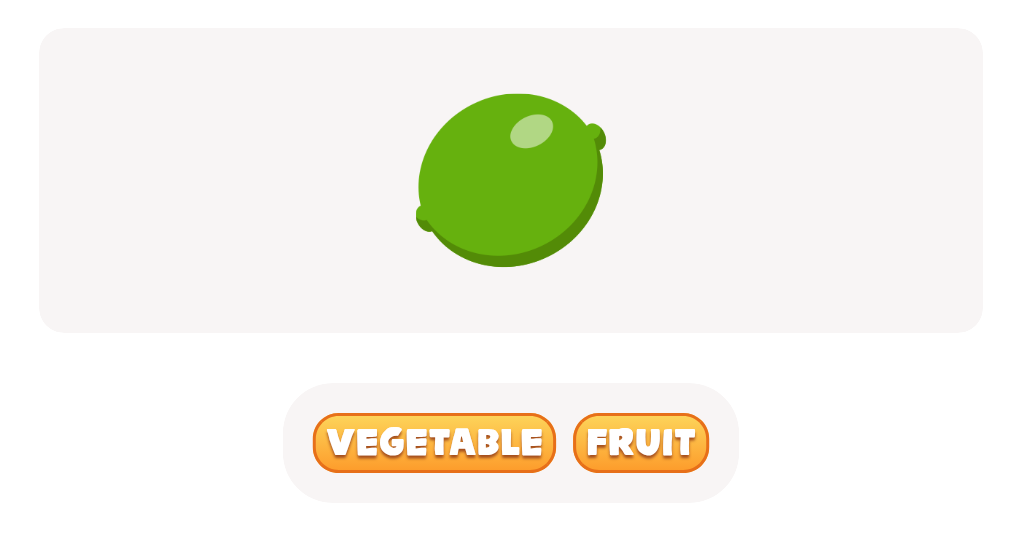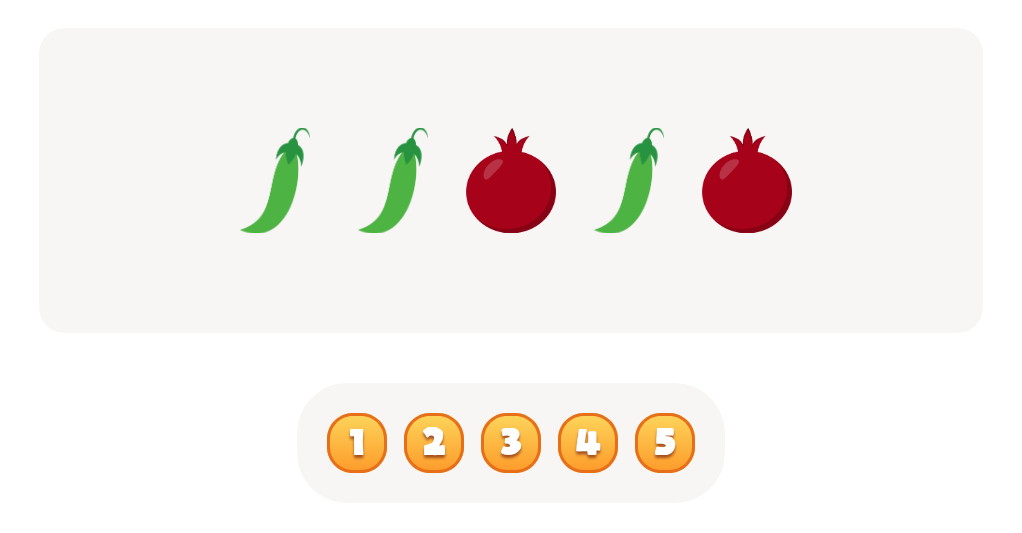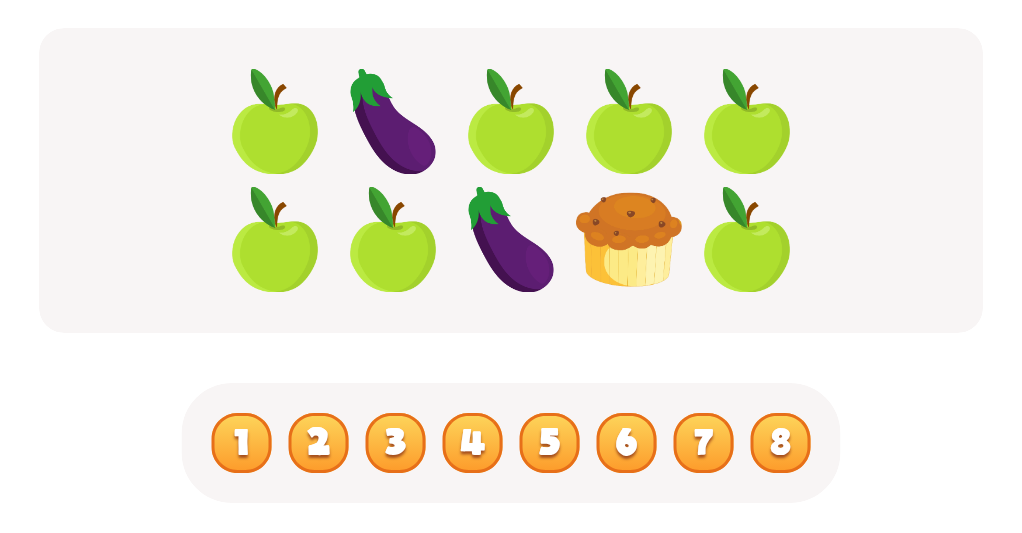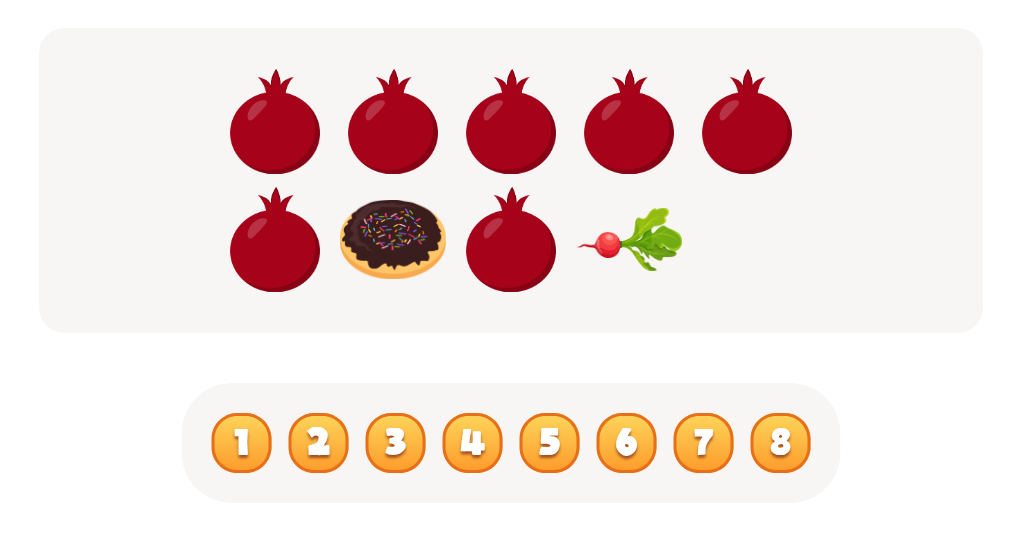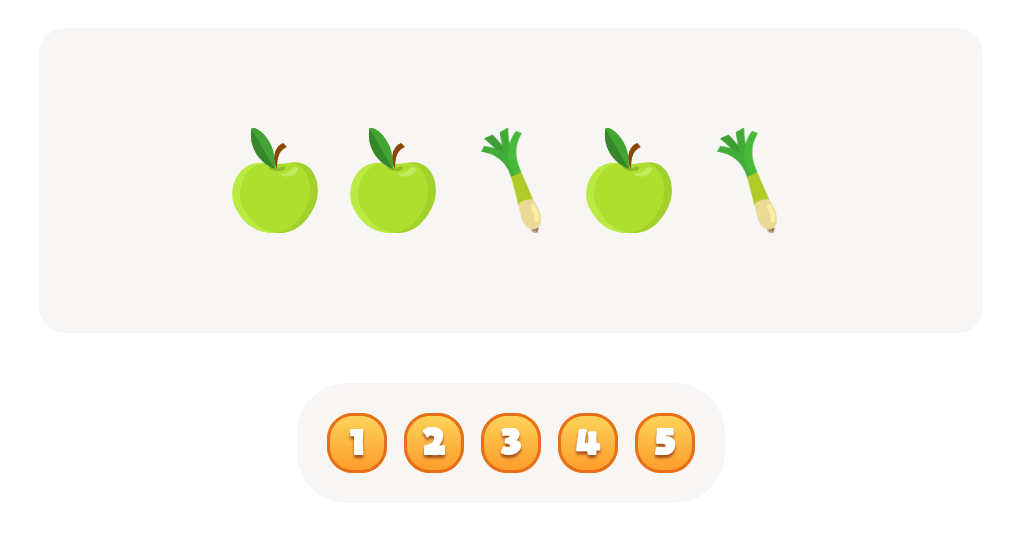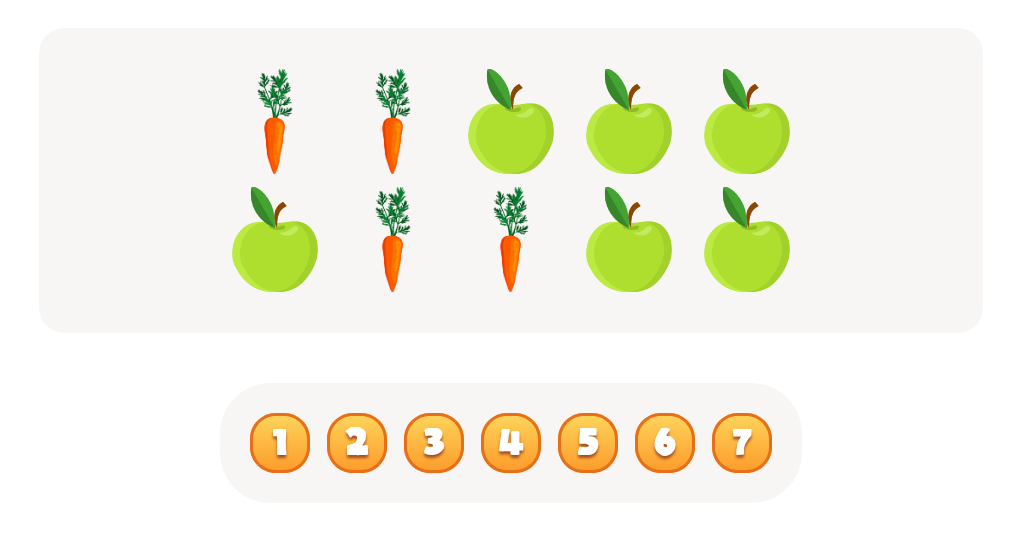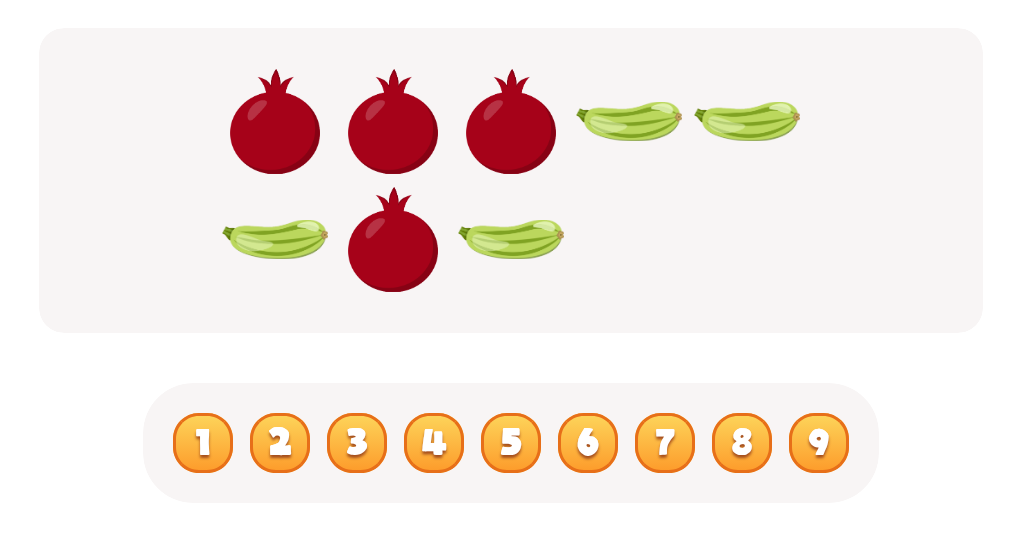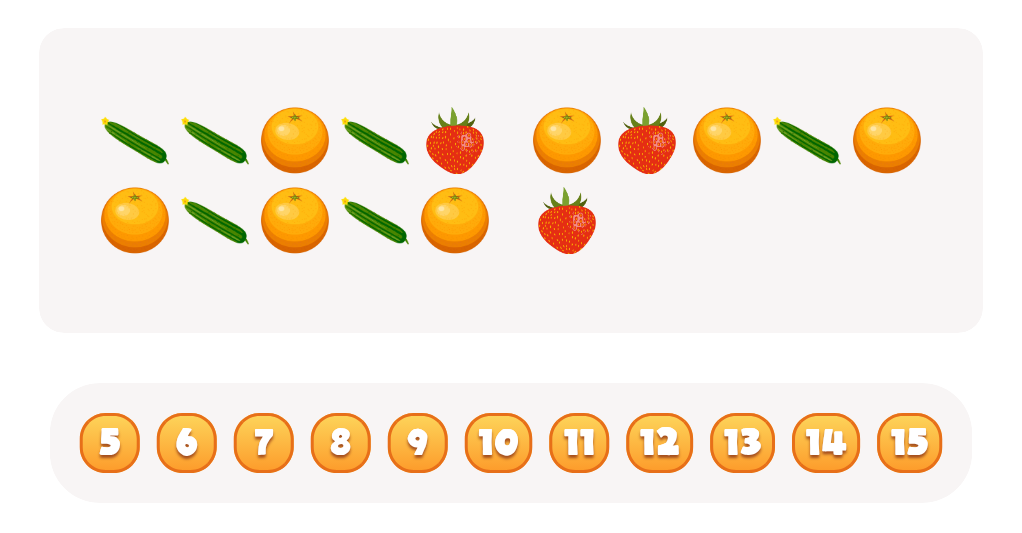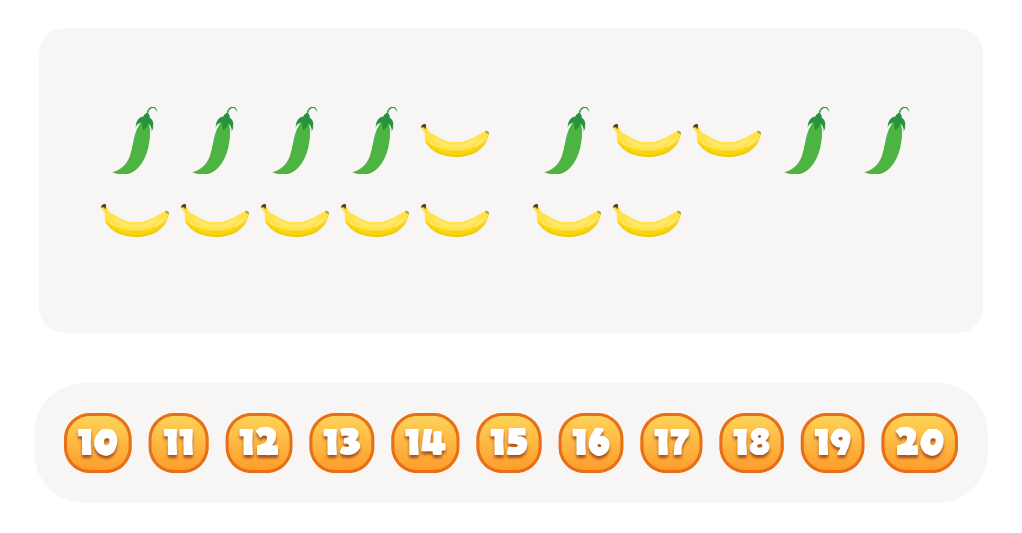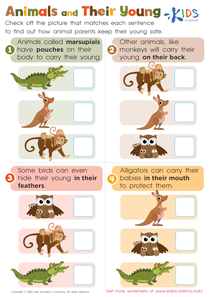Fun and Educational Science Worksheets for 7-8 Year Olds: Explore the World of Plants!
19 filtered results
-
From - To
Introducing our engaging and educational series: Normal Plants for Ages 7-8. Perfectly tailored to inspire young minds, this collection of worksheets is designed to introduce the fascinating world of plants in the most interactive way possible. Through a variety of activities, including matching exercises, labeling parts of a plant, and simple yet informative reading passages, children will explore the lifecycle, importance, and types of normal plants. This hands-on learning experience not only aligns with educational standards but also nurtures curiosity and a genuine love for nature. Dive into the green world with our Normal Plants worksheets and watch your child’s knowledge grow!
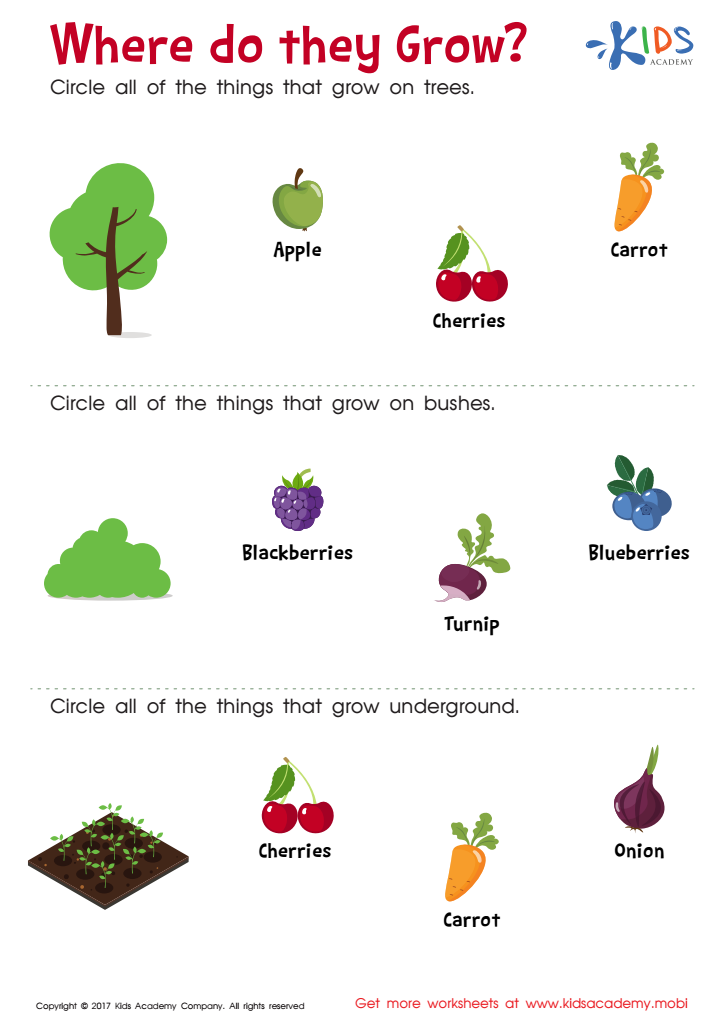

Where Do They Grow Worksheet
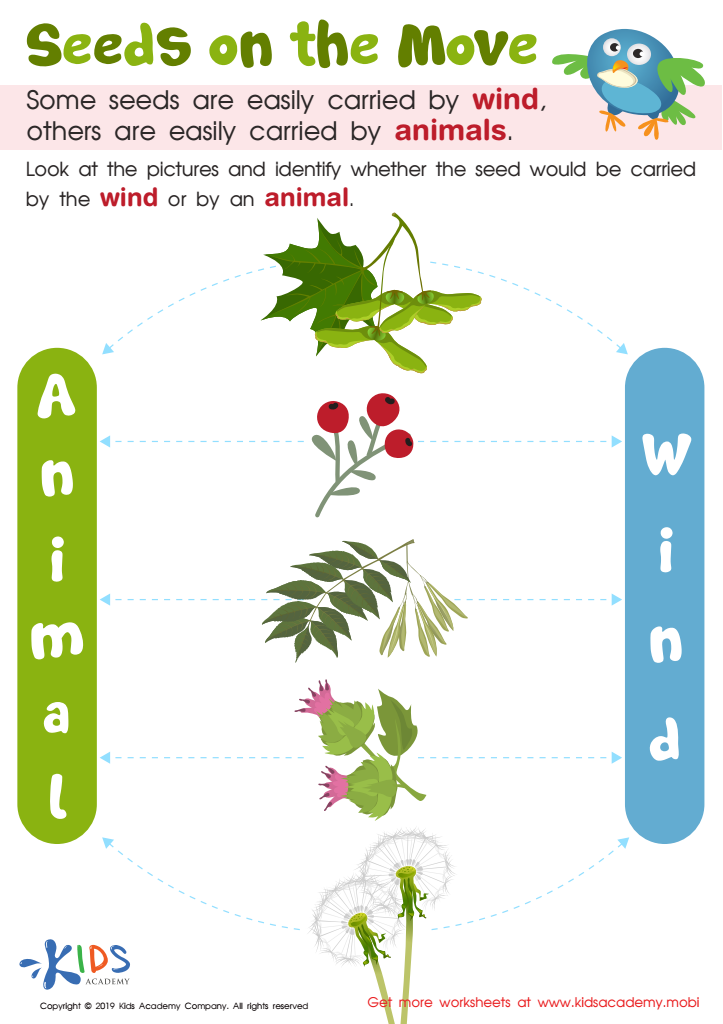

Seeds on the Move Worksheet
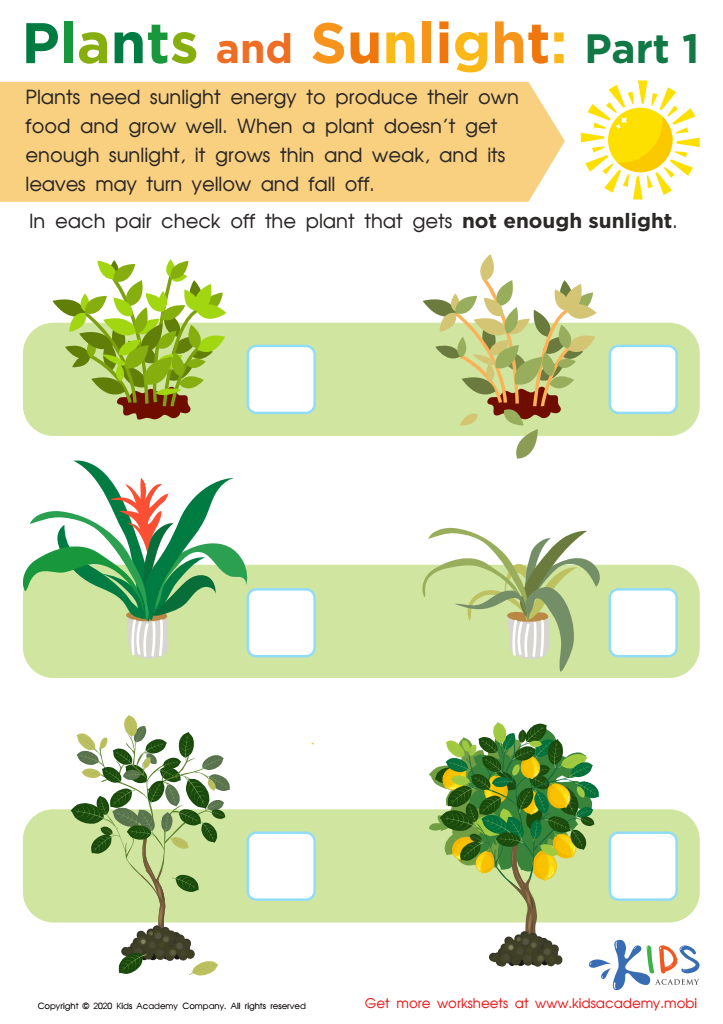

Plants and Sunlight: Part 1 Worksheet
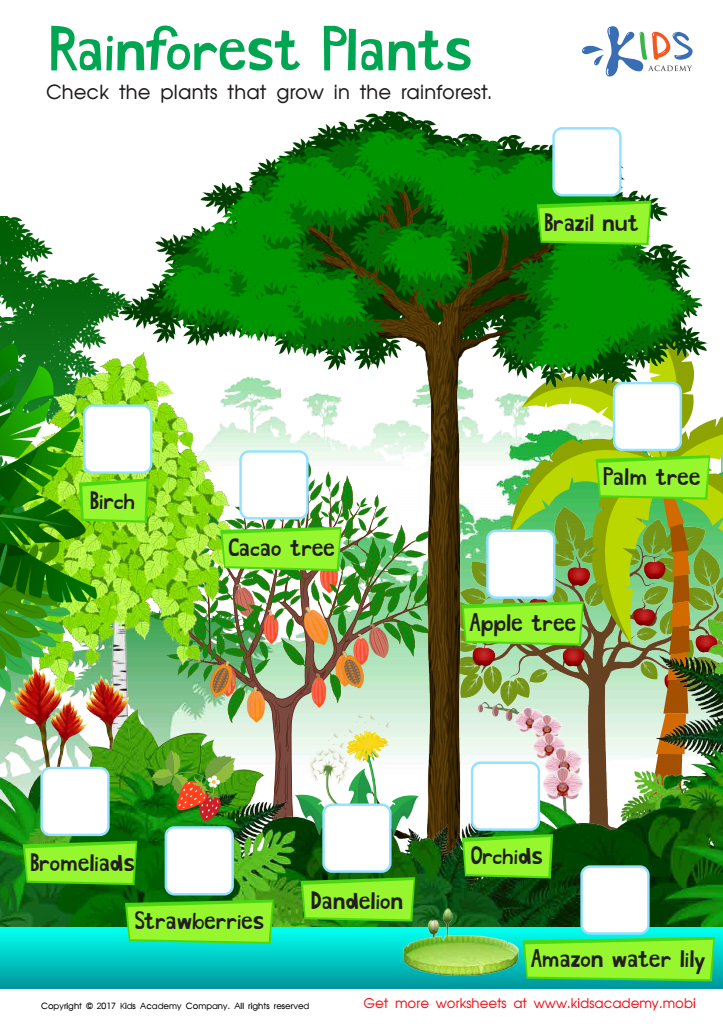

Rainforest Plants Worksheet
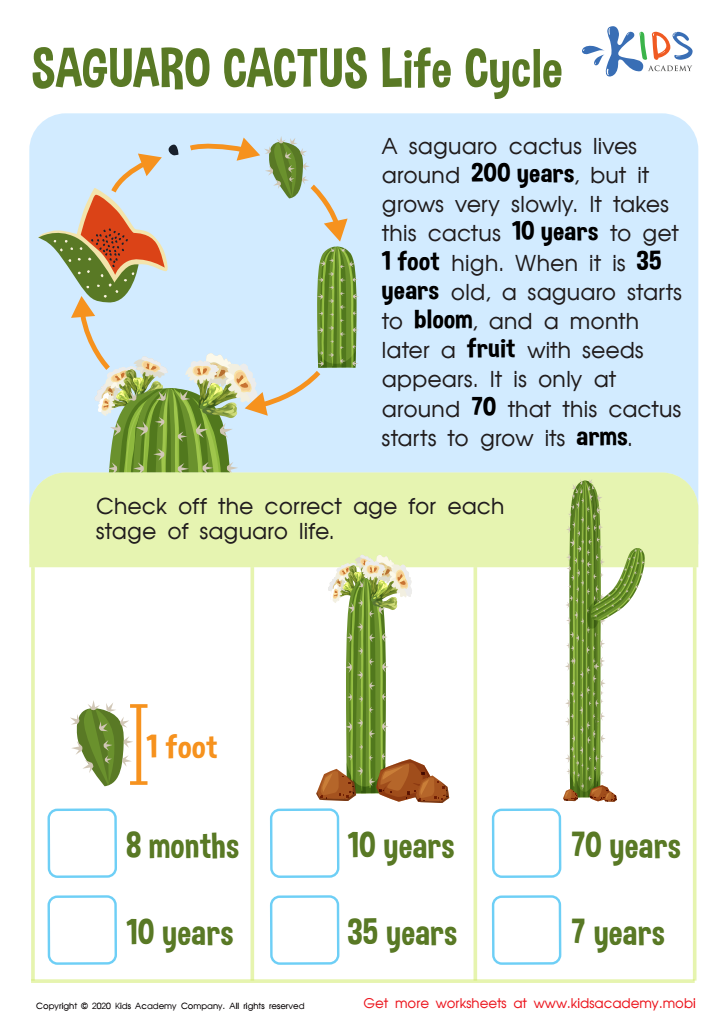

Saguaro Cactus Life Cycle Worksheet
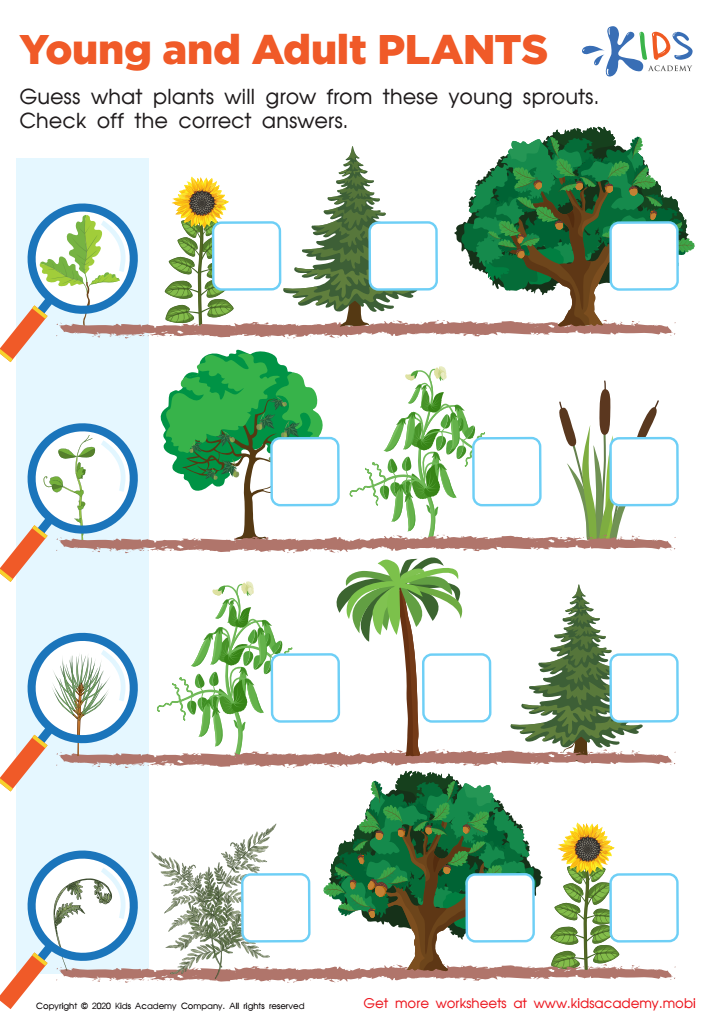

Young and Adult Plants Worksheet
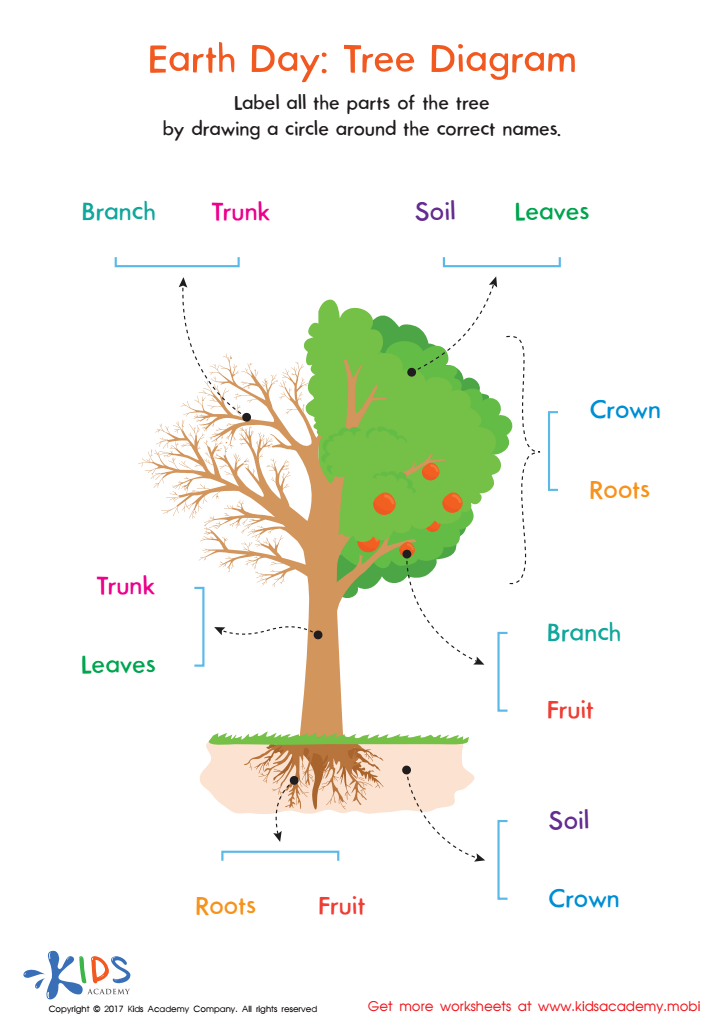

Earth Day: Tree Diagram Worksheet
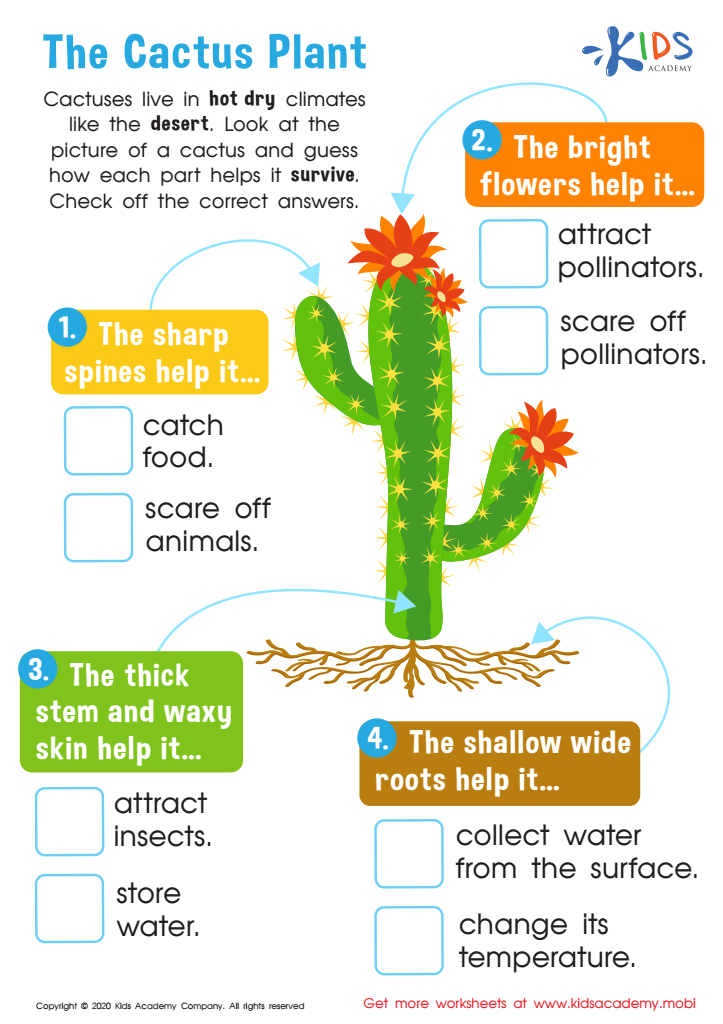

The Cactus Plant Worksheet
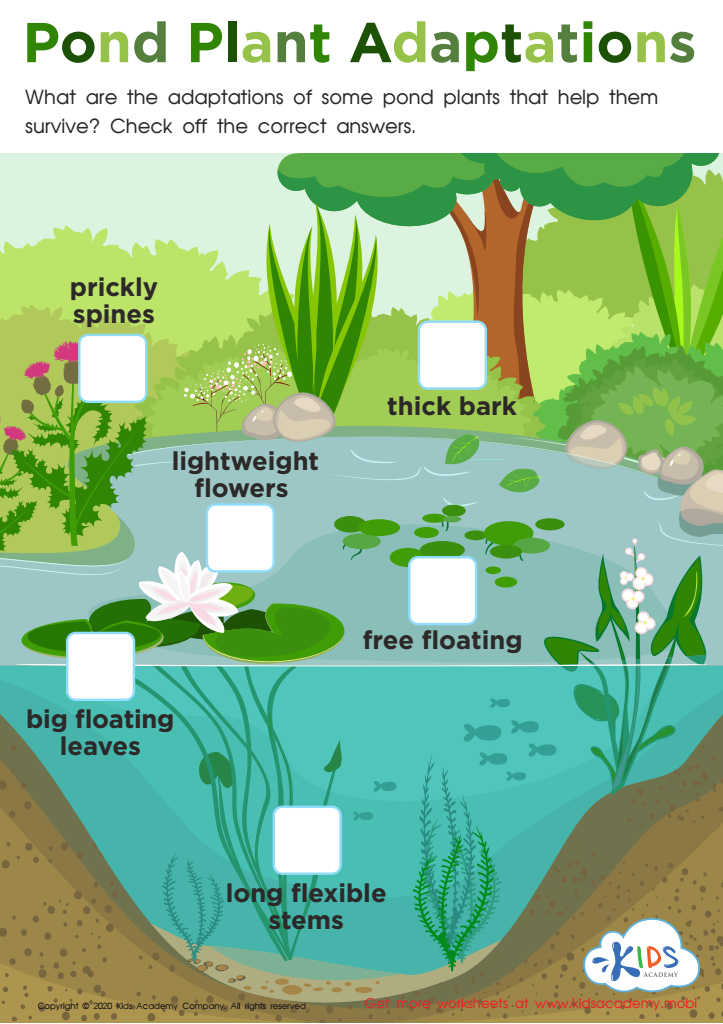

Pond Plant Adaptations
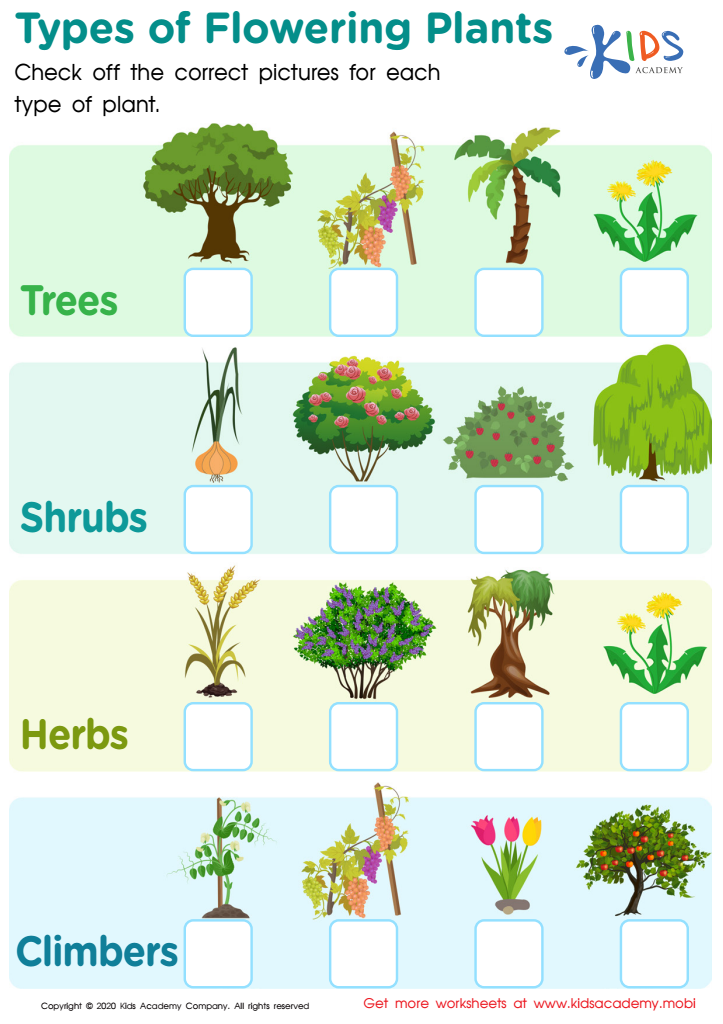

Types of Flowering Plants Worksheet
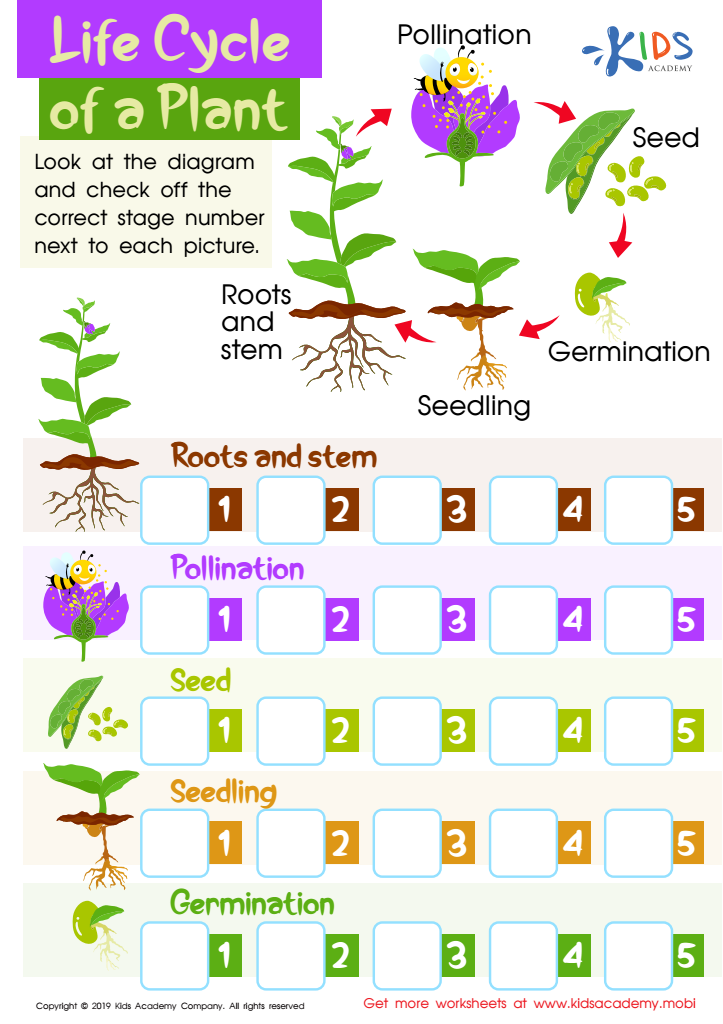

Life Cycle of a Plant Worksheet
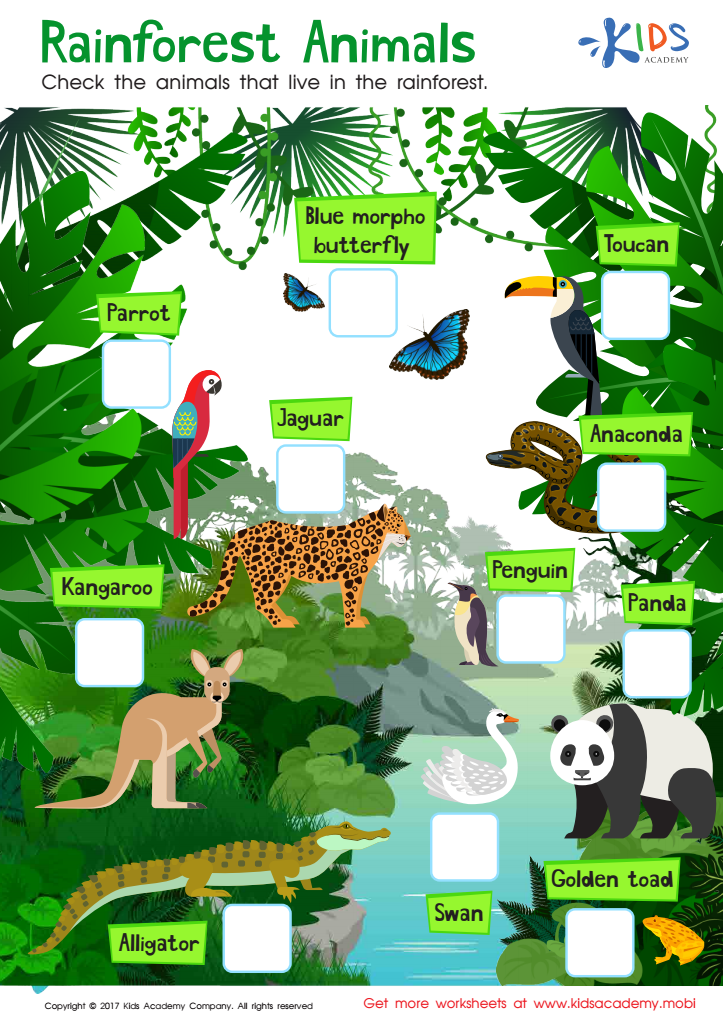

Rainforest Animals Worksheet
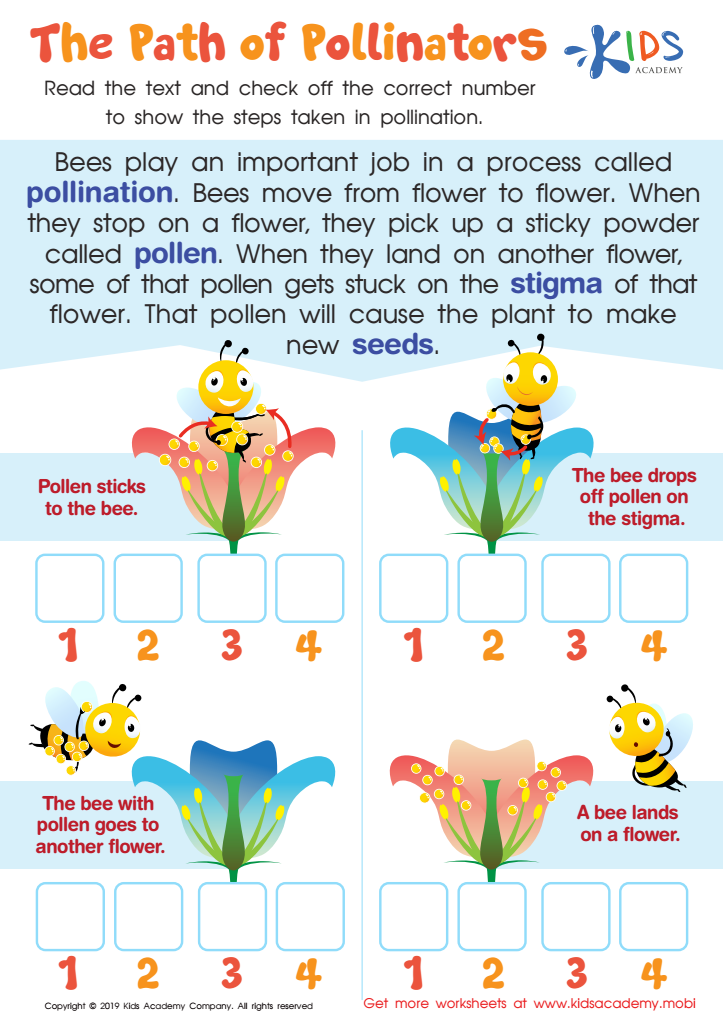

The Path of Pollinators Worksheet


Ecosystems: Assessment 1 Worksheet
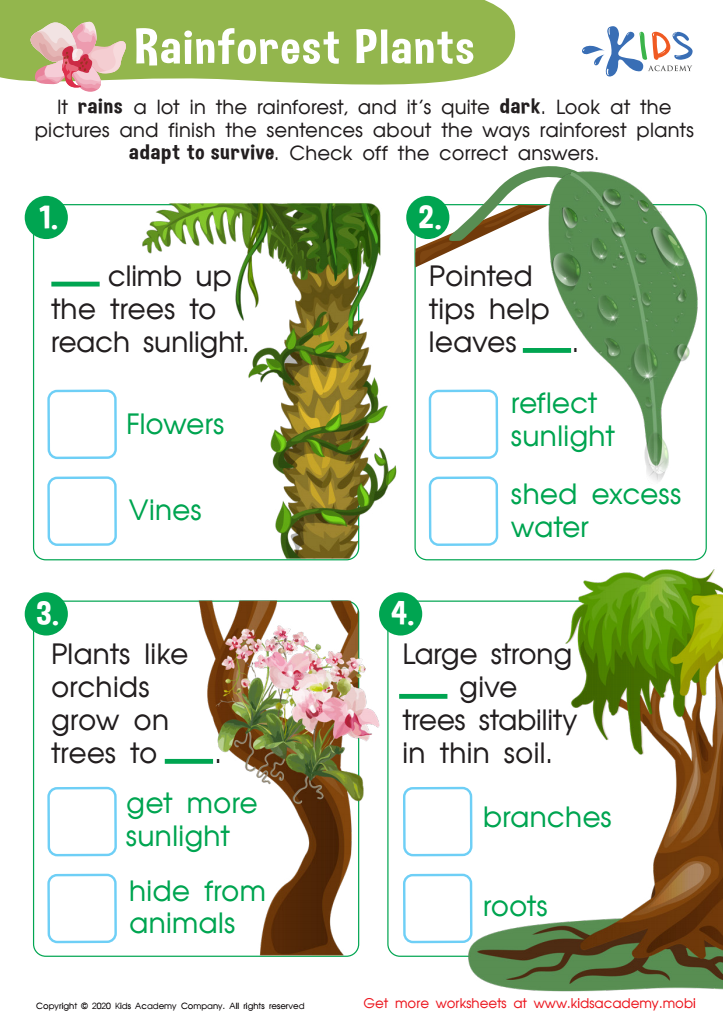

Rainforest Plants Worksheet
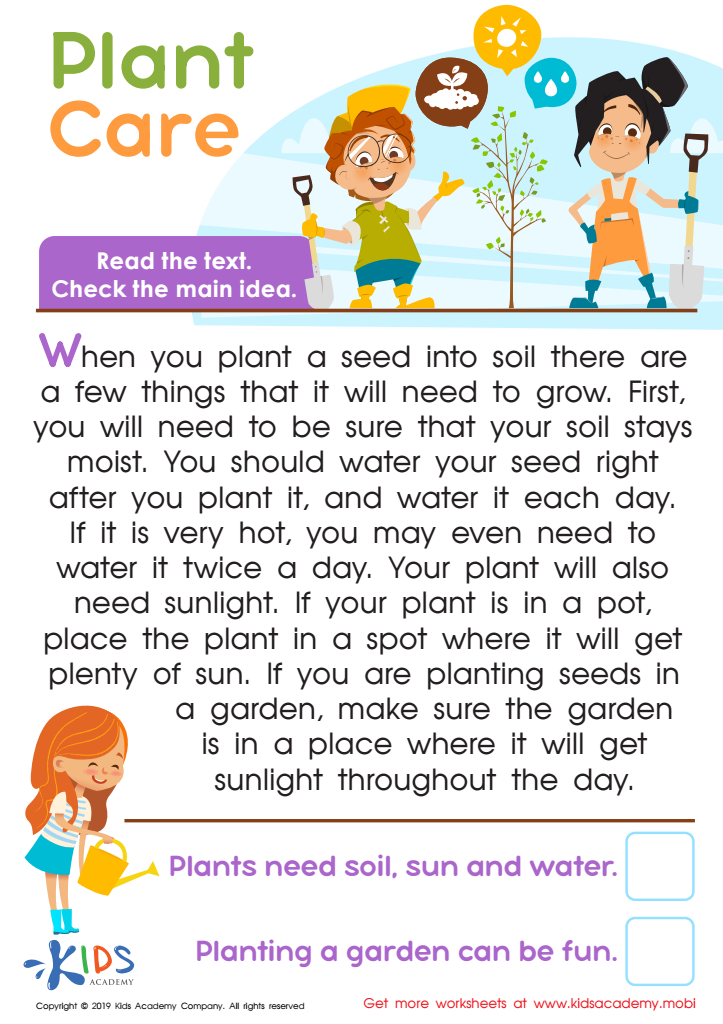

Plant Care Worksheet
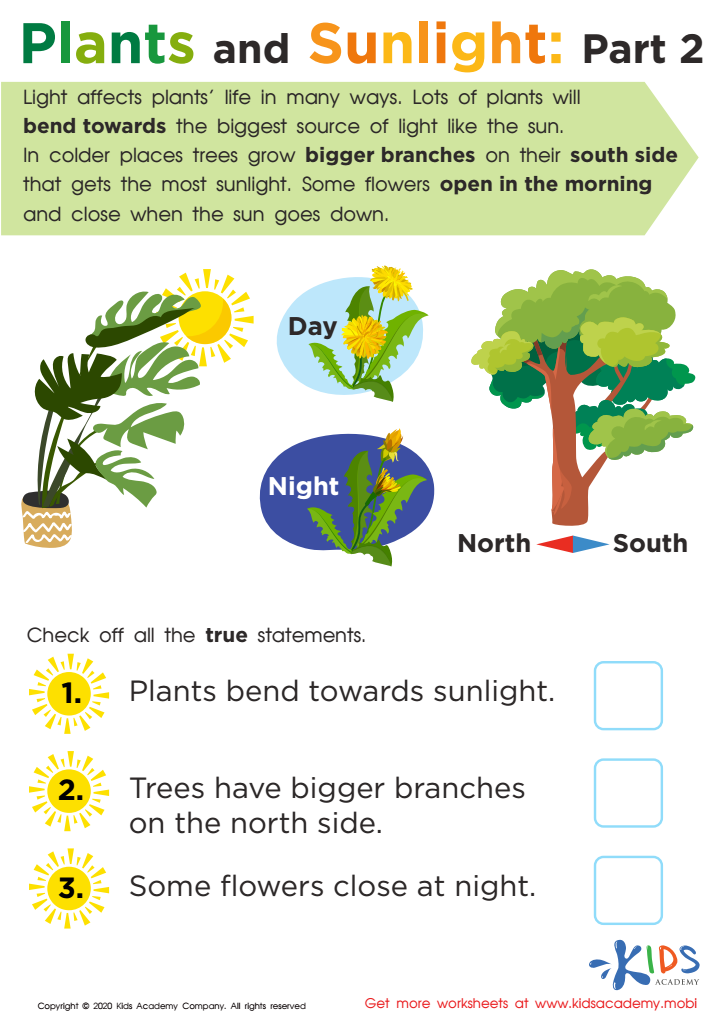

Plants and Sunlight: Part 2 Worksheet


What Do Plants Need to Grow Worksheet
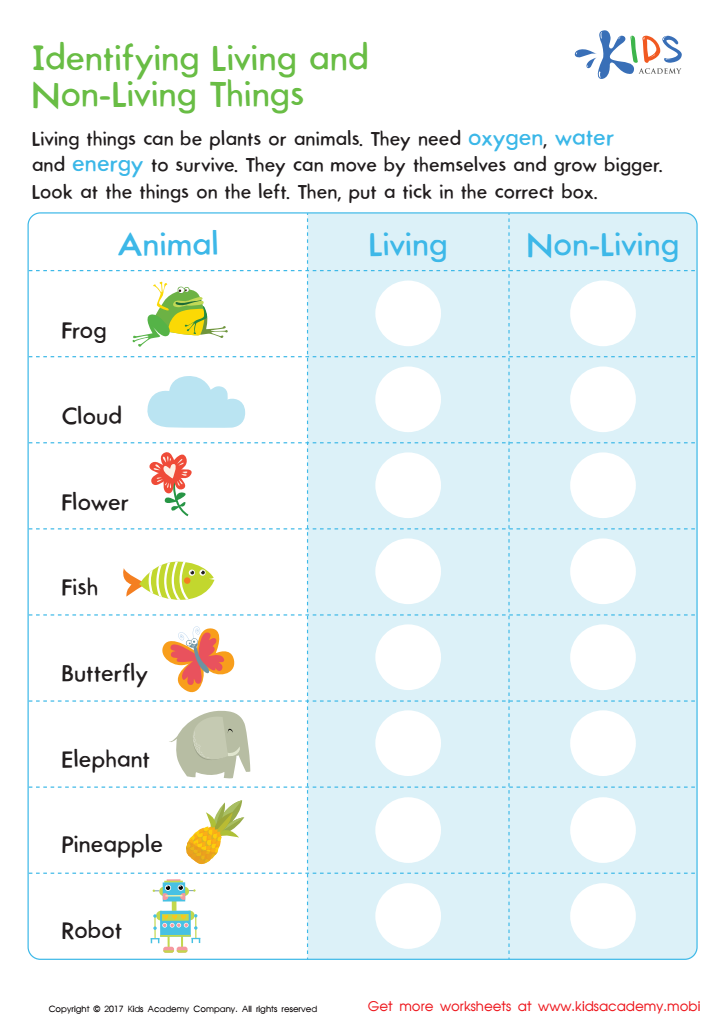

Identifying Living or Non–living Worksheet
Normal worksheets on Plants designed for Ages 7-8 serve as a foundational tool in nurturing young minds about the fascinating world of botany. These worksheets are not just sheets of paper but are carefully crafted educational resources that aim to spark curiosity and foster a deep appreciation for the environment among the young learners.
At the ages of 7-8, children are at a crucial stage of cognitive development where they are more receptive to learning through engaging and interactive methods. Normal worksheets on Plants cater specifically to this age group by simplifying complex concepts into fun and manageable activities. These worksheets cover a variety of topics related to plants, including their life cycles, parts of a plant, types of plants, and their importance in the ecosystem, making learning both comprehensive and enjoyable.
Moreover, the incorporation of vibrant illustrations and hands-on activities in these worksheets helps in enhancing visual learning and retention. Children get to explore the plant world through drawing, coloring, labeling, and even starting their mini plant projects, which encourages observational skills and a hands-on approach to learning.
In essence, Normal worksheets on Plants for Ages 7-8 are invaluable educational tools that lay a strong foundation for environmental literacy. They not only educate but also inspire young learners to appreciate and care for the natural world around them, fostering a sense of responsibility towards preserving our planet.
 Assign to My Students
Assign to My Students
